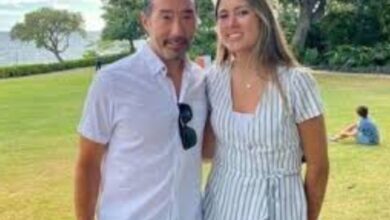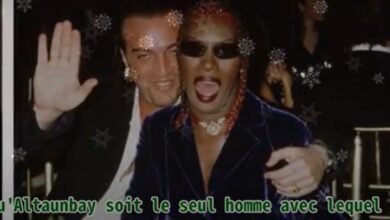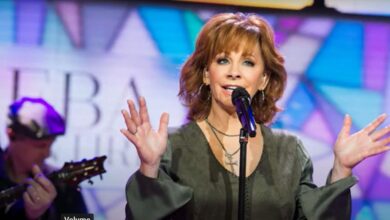Who is Malachi Marlan-Librett?
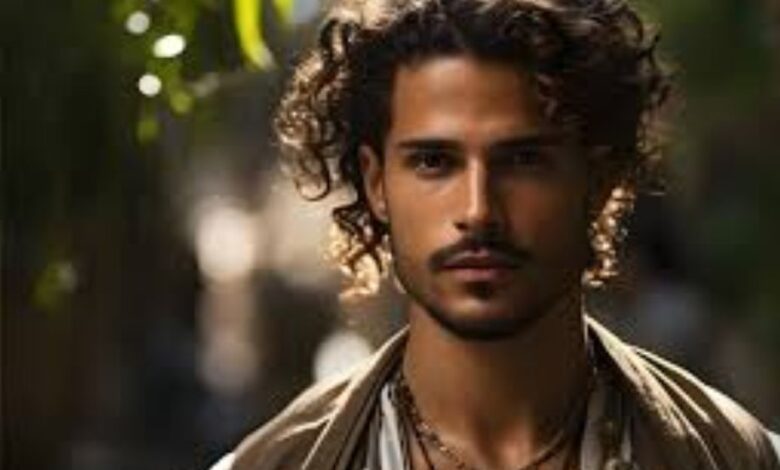
Malachi Marlan-Librett is a multifaceted personality known for his work as a screenwriter in Los Angeles and his involvement in controversial political activism. As a creative professional, Malachi has made a mark in the film industry, particularly in screenwriting. However, his public profile extends beyond his contributions to cinema, as he has also been involved in incidents of political significance that have brought him under the spotlight for different reasons. Understanding who Malachi Marlan-Librett is requires delving into both his creative endeavors and his contentious activities.
Malachi Marlan-Librett: A Screenwriter with a Vision
Malachi Marlan-Librett has been recognized in the film community for his creative writing and screenplays. Based in Los Angeles, he has been an active member of Stage 32, a prominent platform for filmmakers, screenwriters, and other creatives. He has contributed to various discussions, workshops, and webinars on the site, demonstrating a passion for storytelling and the craft of screenwriting. His works reflect a keen interest in narratives that challenge conventional storytelling and explore complex themes.
Malachi’s approach to screenwriting is rooted in his belief in the transformative power of stories. He has emphasized how narratives can connect people across different backgrounds, inspire change, and provoke thought. As a participant in several creative writing forums and film-related events, Malachi has engaged with peers and industry professionals, sharing his insights on writing compelling scripts that resonate with audiences. His commitment to his craft is evident in his active participation in webinars, pitch sessions, and script consulting services aimed at honing his skills and expanding his creative horizons.
Controversial Involvement in Campus Protests
Despite his achievements in the creative field, Malachi Marlan-Librett has also gained attention for his involvement in a violent incident at UCLA. During a pro-Palestinian protest at UCLA, Malachi was identified as one of the counterprotesters who engaged in aggressive behavior against the demonstrators. Reports suggest that Malachi, along with others, participated in acts of violence, which included striking protesters with objects and instigating further conflict. This incident led to a broader debate about campus safety, the role of free speech, and the right to peaceful protest.
The actions of Malachi and his fellow counterprotesters were captured on video and widely disseminated on social media platforms. This public exposure not only led to his identification but also triggered a national conversation about managing politically charged events on college campuses. The incident at UCLA highlighted the challenges universities face in balancing free expression with the need to maintain a safe environment for all students.
The Impact of the UCLA Incident
The violent confrontation at UCLA, in which Malachi Marlan-Librett was involved, has had significant repercussions for the campus community and beyond. The event raised serious concerns about the safety protocols in place for handling demonstrations and the broader implications for free speech in academic settings. The presence of aggressive counterprotesters like Malachi has led to calls for stricter security measures, better support for peaceful demonstrations, and a more proactive stance from university authorities to prevent future violence.
Many members of the UCLA community, including students, faculty, and staff, have expressed their fears and frustrations in the aftermath of the incident. They argue that while universities should be bastions of free speech and open dialogue, there must also be clear boundaries to prevent violence and ensure safety. The actions of Malachi Marlan-Librett and his counterparts have underscored the need for a delicate balance between protecting free speech rights and maintaining order on campus.
Broader Implications of Malachi Marlan-Librett’s Actions
The involvement of Malachi Marlan-Librett in the UCLA protests has sparked broader discussions about the role of counterprotests in democratic societies. While counterprotests are a legitimate form of political expression, the use of violence to suppress opposing views raises ethical and legal questions. Malachi’s actions have prompted a reevaluation of how universities and law enforcement agencies handle such situations, particularly when they threaten the safety of participants and bystanders.
Moreover, the incident has brought to light the challenges of fostering a culture of respect and understanding amid deeply polarized political climates. As campuses continue to be arenas for diverse political expression, finding ways to facilitate peaceful dialogue without resorting to aggression remains a critical issue. Malachi Marlan-Librett’s involvement serves as a case study in the complexities of balancing free speech with community safety.
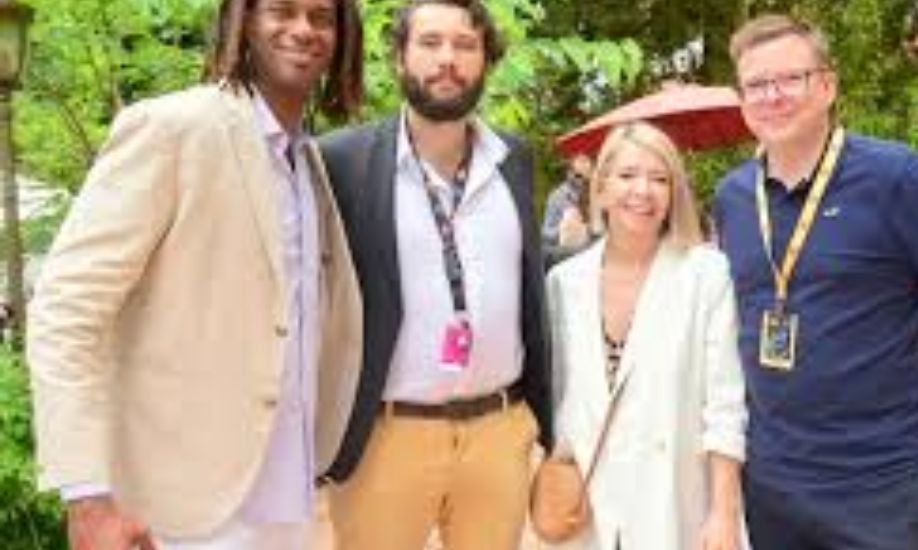
Moving Forward: Lessons from the Incident
In the wake of the UCLA protests, there is a renewed focus on improving campus safety measures and fostering a more inclusive environment for political discourse. Universities across the country are reexamining their policies on demonstrations, considering the implications of the Malachi Marlan-Librett case. They are exploring strategies to ensure that all voices can be heard without fear of violence, and that peaceful protests remain a safe and effective way to express dissent.
The incident has also highlighted the power of social media in documenting and influencing public perception of such events. Online platforms played a crucial role in identifying the individuals involved, including Malachi Marlan-Librett, and amplifying calls for accountability. As universities grapple with the fallout from such incidents, they must also consider the role of digital activism in shaping campus policies and responses.
Conclusion: The Dual Identity of Malachi Marlan-Librett
Malachi Marlan-Librett stands at a crossroads of creativity and controversy. As a screenwriter, he is committed to exploring the depths of human experience through storytelling. As a political activist, he has been involved in actions that have drawn widespread condemnation and sparked significant debate about the nature of free speech and safety in public spaces. His dual identity as both a creator and a controversial figure offers a complex portrait of an individual navigating the intersections of art, activism, and accountability. The lessons drawn from his actions and their consequences continue to shape discussions on campus safety, political expression, and the responsibilities of those who choose to engage in public discourse.
